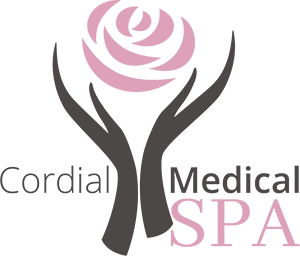Two Ways of Looking at the Thyroid: Conventional vs. Functional Medicine
Thyroid issues are tricky. You can have “normal labs” and still feel far from normal—tired, foggy, gaining weight, or just not yourself. Part of the confusion stems from the differing approaches of conventional and functional medicine to the thyroid.
Conventional medicine keeps things streamlined. Doctors check your TSH (and maybe T4), and if you’re hypothyroid, the standard prescription is levothyroxine—synthetic T4. For many people, this works well. But here’s the catch: T4 is only a prohormone. It has to be converted into T3, the active hormone your cells actually use. If the conversion isn’t smooth—or if too much T4 pushes the body to make reverse T3 (an inactive “blocker” form)—patients may still feel hypothyroid even though their TSH is “in range.” In other words, the lab says you’re fixed, but your body disagrees.
Functional medicine takes a wider lens. It doesn’t stop at TSH and T4, but also looks at free T3, reverse T3, antibodies, and nutrients like selenium, zinc, and iron that affect conversion. It asks, “Why isn’t T4 turning into T3 the way it should? Is stress, inflammation, gut health, or nutrient depletion in the way?” Treatment can include lifestyle support, supplements, and sometimes adding T3 (or natural desiccated thyroid) to restore balance.
So which is right? For some, T4 alone does the job. For others, especially those still struggling with symptoms, a broader view may be necessary. The bottom line: numbers matter, but so does how you feel.
In the end, thyroid care works best when it’s personal—when treatment matches both your labs and your lived experience.
The most important thing is working with a practitioner who listens carefully to both your labs and your symptoms. If you’ve been wondering about your thyroid health or want a more personalized approach, we’d be happy to guide you at our spa. Sometimes what makes the biggest difference is simply being heard.

